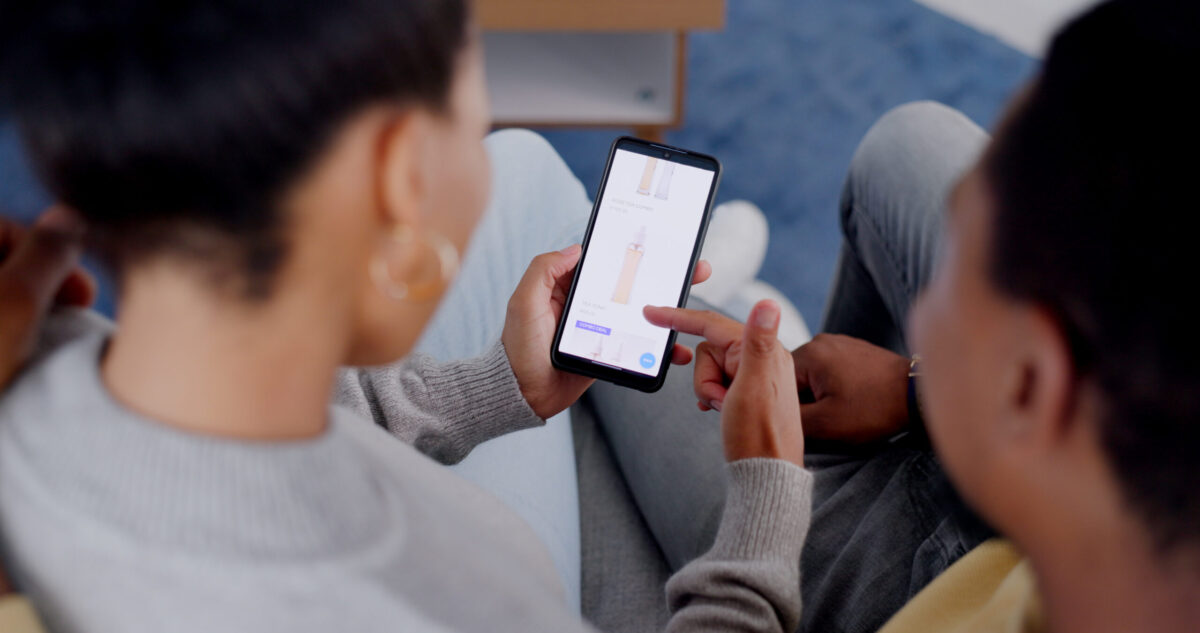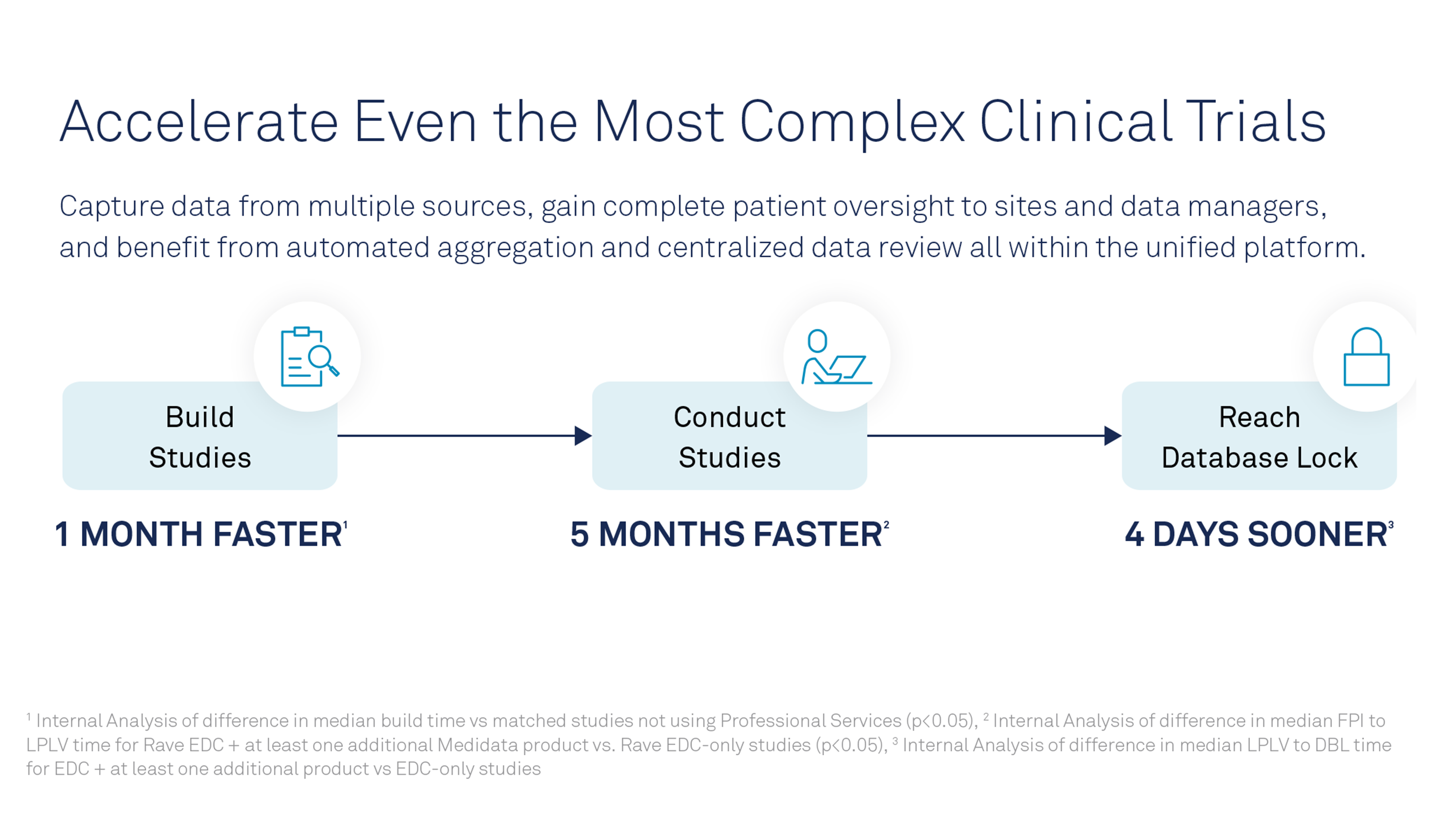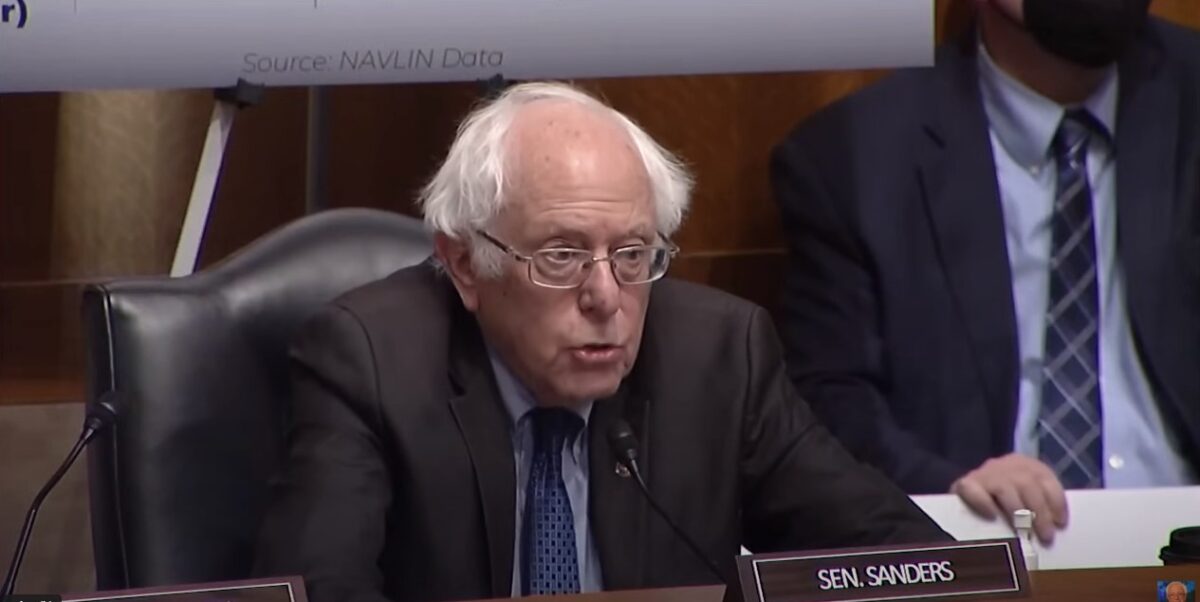ImmunityBio’s Anktiva (N-803, or nogapendekin alfa inbakicept-pmln) along with the Bacillus Calmette-Guérin (BCG) vaccine has won US Food and Drug Administration (FDA) approval for the treatment of non-muscle invasive bladder cancer (NMIBC).
The combo is specifically indicated for patients with BCG-unresponsive NMIBC with carcinoma in situ (CIS), with or without papillary tumors.
ImmunityBio is backed by celebrity businessman and biotech entrepreneur Patrick Soon-Shiong who serves as the company’s executive chairman and global chief scientific and medical officer. Soon-Shiong is also part owner of the Los Langers Lakers NBA team.
In a statement announcing the approval, Soon-Shiong said “The FDA’s approval of Anktiva marks our launch of a next-generation immunotherapy beyond checkpoint inhibitors.”
Anktiva, a first-in-class IL-15 agonist immunotherapy, is ImmunityBio’s first approved product.
Anktiva proliferates and activates three different subsets of a patient’s own immune cells: NK cells, CD8+ killer T cells and CD4+ T helper cells. The CD4+ T helper cells enhance the proliferation of memory killer T cells, which are key to maintaining long-term responses.
Soon-Shiong explained that this novel mechanism of action mimics the biology of the dendritic cell and extends the “evolution of immunotherapy beyond T cells alone.”
The proliferation of core cancer-killing immune cells, coupled with the activation of T cells with memory, results in robust, durable complete responses (CR).
Anktiva is mixed together with the BCG vaccine before administration.
Related: Incyte’s Immunotherapy Zynyz Wins Approval for Advanced Skin Cancer After Previous Setback
Soon-Shiong said the three-pronged approach is an example of a “triangle offense,” a basketball term, of immune-mediated tumor cell killing with long-term memory as the “foundation of our efforts to develop a therapeutic cancer vaccine across multiple tumor types, regardless of the site of origin.”
There are high hopes for the therapy, with industry experts predicting that it could net $900 million in sales in 2028.
Anktiva made pharma data intelligence firm Evaluate’s list of top ten drug launches this .
Bladder cancer is the tenth most commonly diagnosed cancer worldwide. According to the American Cancer Society, there will be 83,190 new cases and 16,840 deaths from bladder cancer in 2024.
Anktiva’s approval was based on data from the pivotal QUILT-3.032 trial that showed a CR rate of 62 percent among 77 evaluable patients. The CR duration at the November 2023 analysis cut-off was more than 47 months and remains ongoing. Among the complete responders, 58 percent had responses last for at least one year and 40 percent for at least two years.
ImmunityBio said the prolonged duration of CR beyond 24 months “exceeds the benchmark for the magnitude of meaningful clinical results suggested by a panel of experts at the International Bladder Cancer Group (IBCG).”
Anktiva’s journey to approval came to a momentary halt in May 2023 when the FDA rejected the therapy over issues discovered during a preapproval inspection at ImmunityBio’s third-party manufacturing contractor. In its complete response letter, the agency provided recommendations on additional chemistry, manufacturing and control (CMC) issues and assays, and also requested updated duration of response data in the company’s subsequent resubmission.
Anktiva will be going up against Merck’s PD-1 inhibitor Keytruda (pembrolizumab) and Ferring Pharmaceuticals’ gene therapy Adstiladrin in the same indication (NMIBC CIS), irrespective of the presence of papillary tumors.
Anktiva and Adstiladrin are administered directly into the bladder whereas Keytruda is an intravenous therapy.
ImmunoBio’s immunotherapy appears to have an edge over its competitors with respect to CR and duration of response. Keytruda had a CR rate of 41 percent with a median duration of response of 16.2 months in the KEYNOTE-057 trial.
On the other hand, Ferring’s Adstiladrin led to CR rates of 51 percent at three months, with 46 of complete responders who remained free of high-grade recurrence at 12 months.
While Keytruda recently posted some head-turning results in combination with Pfizer and Astellas’ antibody-drug conjugate (ADC) Padcev (enfortumab vedotin-ejfv) in metastatic bladder cancer, Pfizer isn’t planning to look at Padcev in NMIBC.
But Soon-Shiong is confident of Anktiva’s “triangle offense,” saying he isn’t worried about ADCs because they’re basically cytotoxic chemotherapy with a tumor-directed guide.
ImmunityBio feels Anktiva will mostly be prescribed by urologists or specialized urologic oncologists. The company has put together a commercial team of around 60 people, which includes a sales team that will overlook five regional markets, according to ImmunityBio CEO Richard Adcock.
The company is planning to launch Anktiva commercially in the US by mid-May.
If you want your company to be featured on Xtalks.com, please email [email protected].












Join or login to leave a comment
JOIN LOGIN